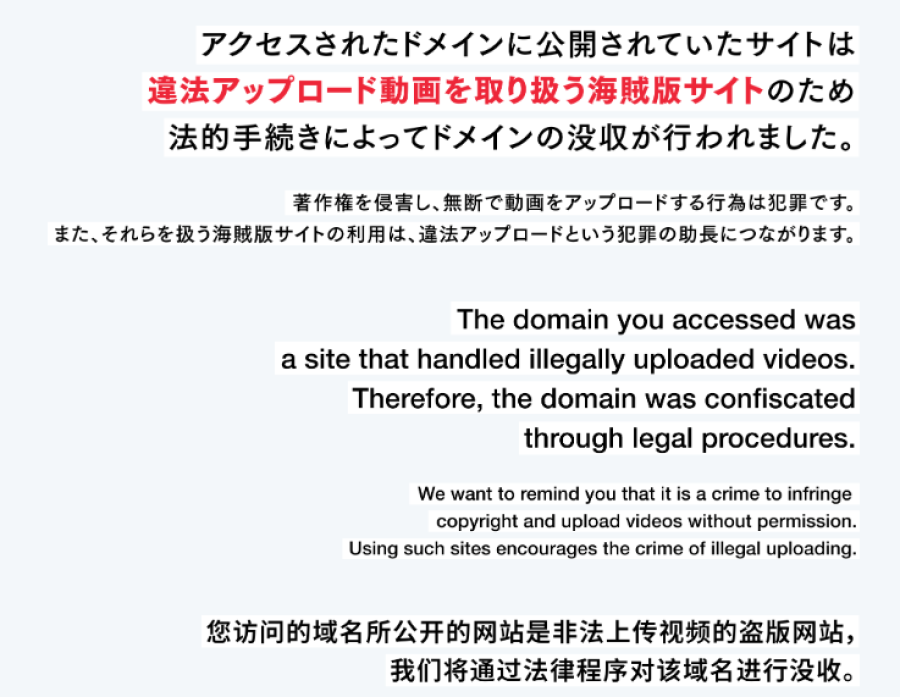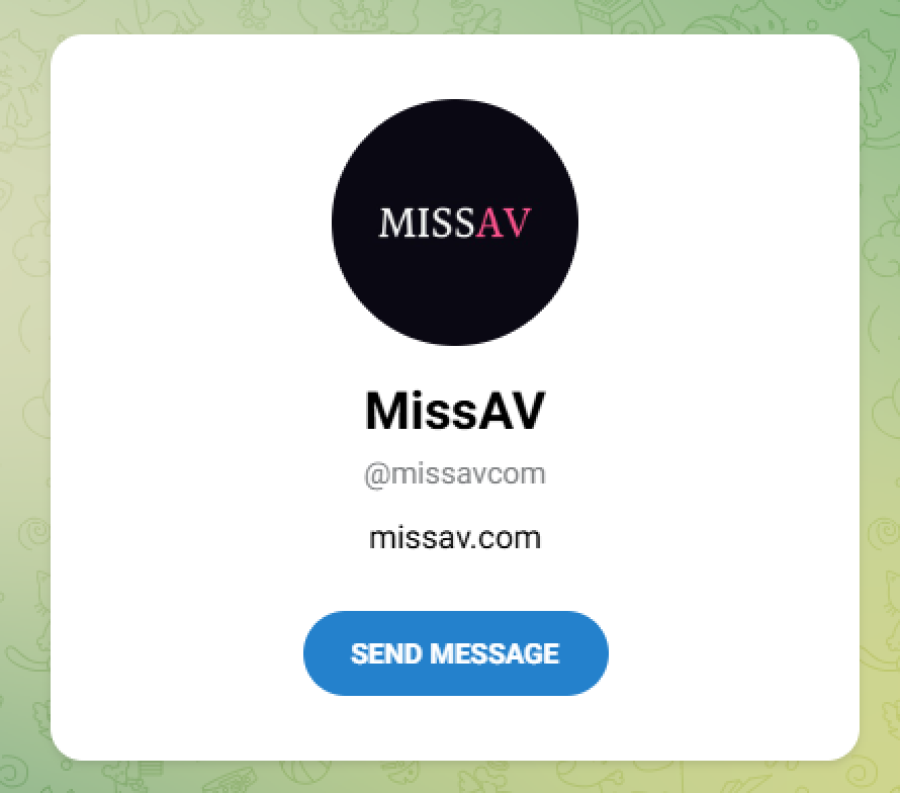Is Missav.ws Legit or a Scam? Here's What You Need to Know

Author: Adam Collins
MissAV became one of the most popular adult websites on the planet—especially in Japan—by offering something rare: uncensored Japanese Adult Videos (JAV). With over 300 million monthly visitors, it didn’t just break records—it broke into the top 60 websites worldwide. But now, things have gotten a little murky. The question floating around the internet is: Is Missav.ws legit, or is it just a polished scam?
Let’s get into it.
Missav.ws vs. MissAV.com: The Plot Thickens
At first glance, both Missav.ws and MissAV.com seem like twin sites offering the same content—uncensored JAV. But if you've tried visiting MissAV.com lately, you might’ve noticed something strange: it's gone. Vanished. Seized.
Why?
Because the original MissAV.com got hit hard with a copyright infringement lawsuit in the U.S.

A company called Will Co., which owns legitimate rights to a ton of Japanese adult content, sued MissAV for allegedly hosting over 300 pieces of their content without permission. The result? A U.S. District Court in Washington ordered MissAV’s operators to cough up $4.5 million in damages. The ruling also handed over control of several domains—MissAV.com, ThisAV.com, and a few others—to Will Co.
So MissAV.com? That’s toast.

Enter Missav.ws, which popped up in its place. Is it a new version? A copycat? Or something sketchier?
The Curious Case of "Contact Us"
Want to reach out to Missav.ws? Click "Contact Us" and… boom, you’re redirected to a Telegram page. Not exactly the customer service experience you'd expect from a site with millions of users. This setup doesn’t scream “professional operation.” It’s more of a red flag waving in your face.

Legal Risks for Users
Here’s the thing: while the legal firestorm primarily targeted the platform owners, some regions have strict rules about accessing unauthorized or pirated adult content. Depending on your location, just watching could technically put you in legal gray territory—or worse.
Security Concerns: The Ugly Stuff
Using unauthorized streaming sites is like eating street food from a sketchy cart at 2 a.m.—sometimes you get what you came for, other times you get malware. Here’s what you’re risking:
- Phishing and Malware: These sites often lack basic security protocols, making you vulnerable to spyware, ransomware, and sketchy ads.
- Unreliable Streaming: Buffering, broken links, and spammy popups are pretty common.
- Data Exposure: Sites like this can track your browsing habits and sell that data to who-knows-who. Yikes.
- Popups Galore: Think you're clicking “Play”? Surprise! It’s a download for a “new video player” (spoiler: it’s malware).
Bottom Line: Is Missav.ws a Scam?
There is little to suggest that Missav.ws may be a scam, but that doesn’t mean you throw caution to the wind. Missav.ws does give you access to videos. But that doesn’t mean it’s safe, legal, or trustworthy. It’s operating in a murky, gray area—likely without proper licenses, zero transparency, and tons of potential security risks for users.
This article has been written by a scam fighter volunteer. If you believe the article above contains inaccuracies or needs to include relevant information, please contact ScamAdviser.com using this form.
Report a Scam!

Have you fallen for a hoax, bought a fake product? Report the site and warn others!
Scam Categories
Help & Info
Popular Stories
As the influence of the internet rises, so does the prevalence of online scams. There are fraudsters making all kinds of claims to trap victims online - from fake investment opportunities to online stores - and the internet allows them to operate from any part of the world with anonymity. The ability to spot online scams is an important skill to have as the virtual world is increasingly becoming a part of every facet of our lives. The below tips will help you identify the signs which can indicate that a website could be a scam. Common Sense: Too Good To Be True When looking for goods online, a great deal can be very enticing. A Gucci bag or a new iPhone for half the price? Who wouldn’t want to grab such a deal? Scammers know this too and try to take advantage of the fact. If an online deal looks too good to be true, think twice and double-check things. The easiest way to do this is to simply check out the same product at competing websites (that you trust). If the difference in prices is huge, it might be better to double-check the rest of the website. Check Out the Social Media Links Social media is a core part of ecommerce businesses these days and consumers often expect online shops to have a social media presence. Scammers know this and often insert logos of social media sites on their websites. Scratching beneath the surface often reveals this fu
So the worst has come to pass - you realise you parted with your money too fast, and the site you used was a scam - what now? Well first of all, don’t despair!! If you think you have been scammed, the first port of call when having an issue is to simply ask for a refund. This is the first and easiest step to determine whether you are dealing with a genuine company or scammers. Sadly, getting your money back from a scammer is not as simple as just asking. If you are indeed dealing with scammers, the procedure (and chance) of getting your money back varies depending on the payment method you used. PayPal Debit card/Credit card Bank transfer Wire transfer Google Pay Bitcoin PayPal If you used PayPal, you have a strong chance of getting your money back if you were scammed. On their website, you can file a dispute within 180 calendar days of your purchase. Conditions to file a dispute: The simplest situation is that you ordered from an online store and it has not arrived. In this case this is what PayPal states: "If your order never shows up and the seller can't provide proof of shipment or delivery, you'll get a full refund. It's that simple." The scammer has sent you a completely different item. For example, you ordered a PlayStation 4, but instead received only a Playstation controller. The condition of the item was misrepresented on the product page. This could be the